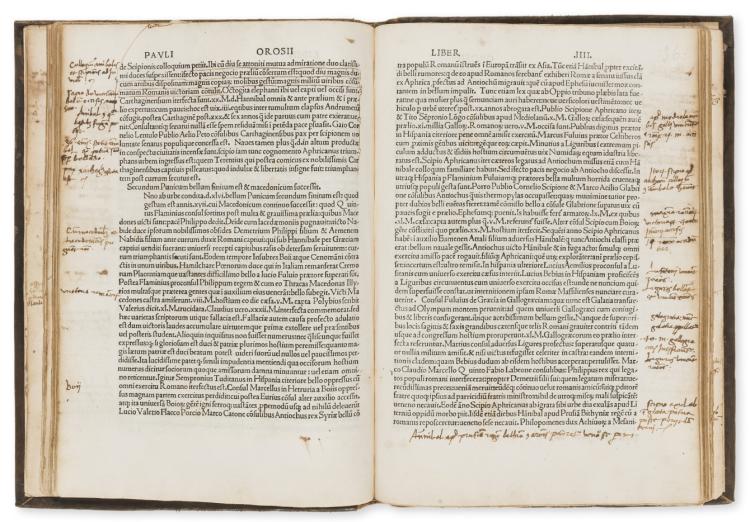
The “taxation” or “census” mentioned in Luke 2:1 provides a huge key that unlocks certain portions of the mystery surrounding the birth of Jesus—in particular, the correct date when he was born. But there are also some common misconceptions regarding this verse, usually based on a muddled translation. Read these three different translations of Luke 2:1 and guess which one is the most accurate…
And it came to pass in those days, that there went out a decree from Caesar Augustus that all the world should be taxed. [Luke 2:1 KJV]
In those days Caesar Augustus issued a decree that a census should be taken of the entire Roman world. [Luke 2:1 NIV]
In those days a decree went out from Caesar Augustus that all the world should be enrolled. [Luke 2:1 RSV]
The Greek word translated taxed in the King James Version, census in the New International Version, and enrolled in the Revised Standard Version, is the word apographe (Strong’s #583), which simply means “to register”. While a taxation or a census requires a registration, a registration is not always a taxation or a census, and therein lies the rub. The Romans were experts at both taxation and census taking and tended to keep good records (provided we have copies of those records), but when we search for a taxation or census within the date range when Jesus was most likely born—we don’t find either. We do however, find both within several years of Jesus birth, which has caused Bible scholars to focus on incorrect date ranges. Furthermore, any ordinary taxation or census would not have required Joseph, and especially Mary, to travel to their ancestral hometown to “register”. This is key that unlocks the mystery—we must search for a “registration” that would have occurred between early 3 BC and early 1 BC, that would have required Joseph and Mary to travel to Judea. Concerning this registration, the AD 5th century historian Paulus Orosius writes:
“…this was when the first and greatest census was held, when all God’s creation of the great nations unanimously swore loyalty to Caesar alone, and, at the same time partaking of the census were made into one community.”
Paulus Orosius, Historiae Adversus Paganos, VII.2.16
Orosius’ citation in turn provides another huge insight, “…the great nations unanimously swore loyalty to Caesar…”. This registration involved an oath of loyalty and allegiance to Augustus Caesar. Caesar was awarded the title Pater Patriae (Father of the Country) by the Roman Senate during the Festival of Concordia in early February 2 BC. Bestowing this title would have required an oath of allegiance from every notable citizen with the Roman Empire and client kingdoms.
In addition, Josephus mentions in Antiquities that Augustus demanded an oath of allegiance about 12 to 15 months before the death of Herod.
“…when all the people of the Jews gave assurance of their good will to Caesar, and to the King’s government…”
Josephus, Antiquities, 17.2.4
Since the correct date of Herod’s death is late January/early February 1 BC, this places Jesus’ likely birthdate in the fall of 3 BC, precisely where we should find it based on other search parameters.
God Save the King